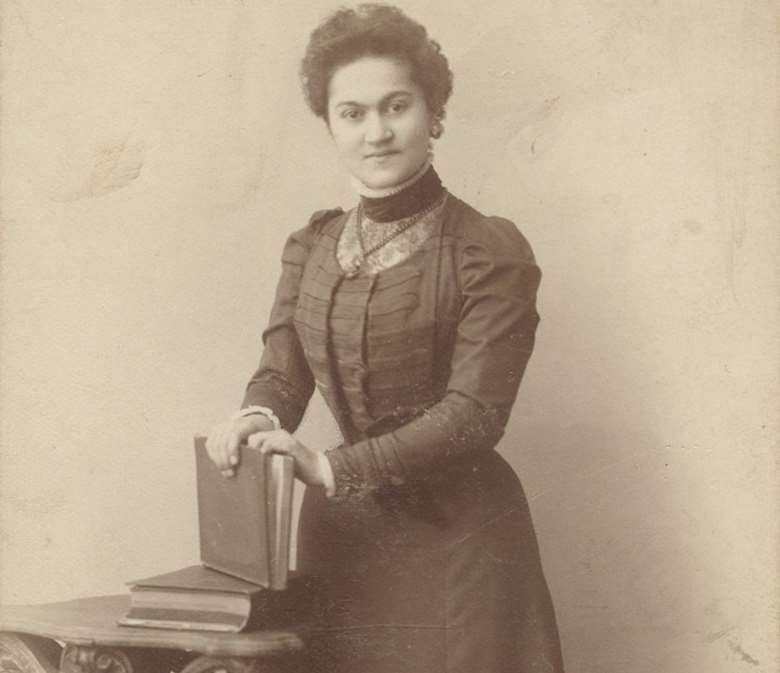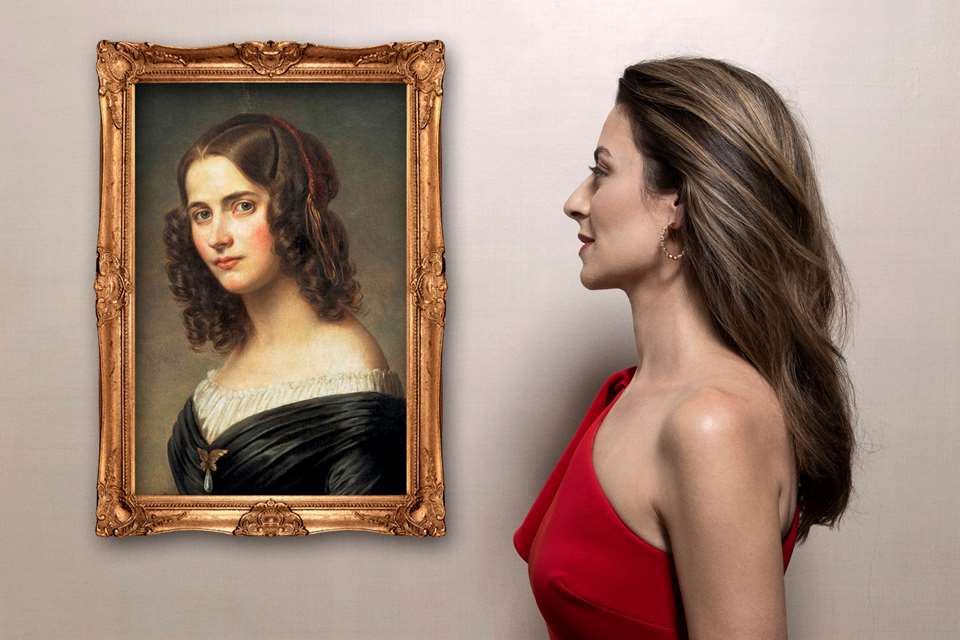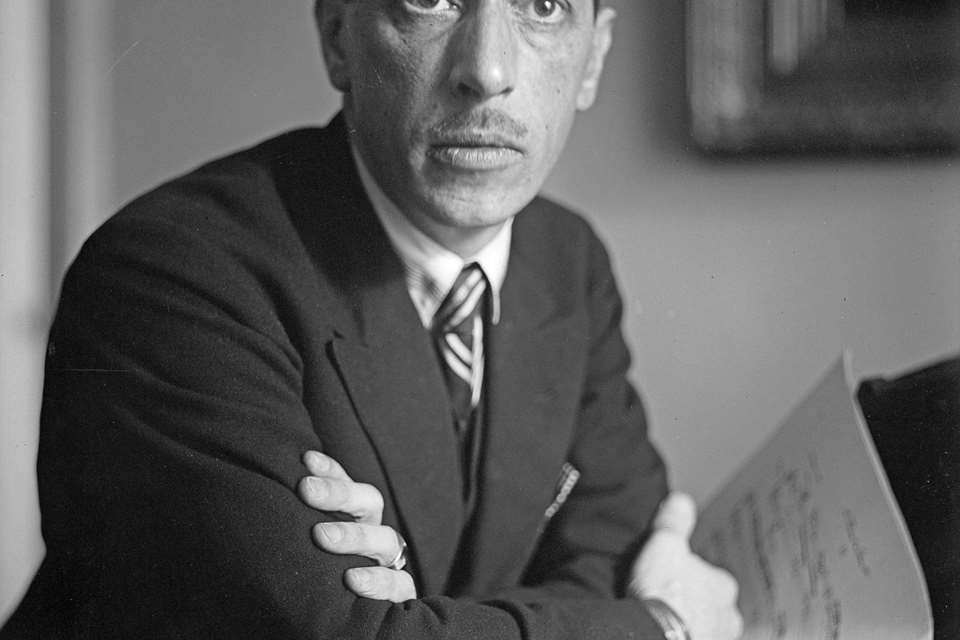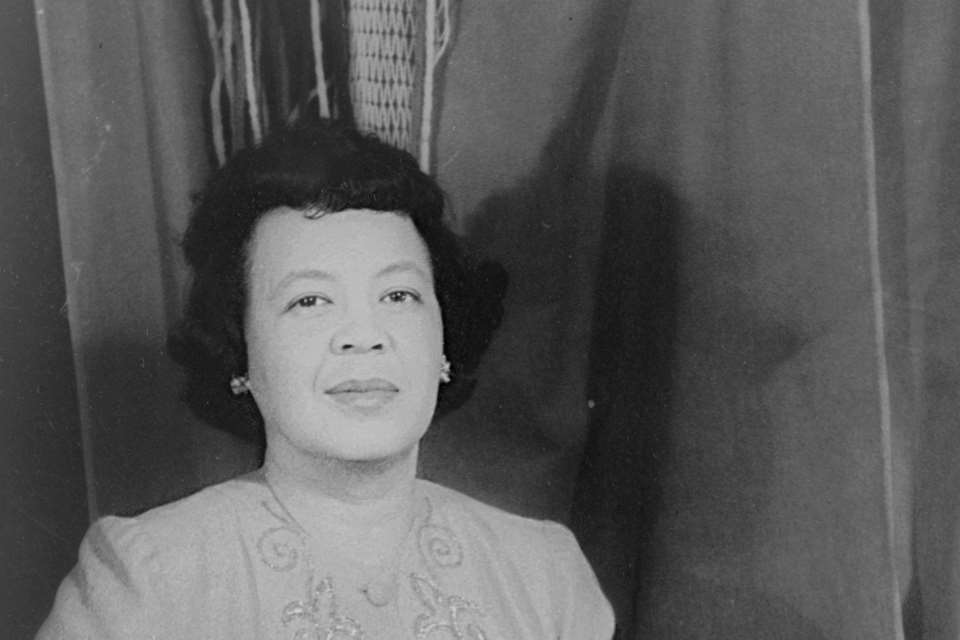Dr Graham Griffiths on the life of Leokadiya Kashperova
Dr Graham Griffiths
Thursday, December 8, 2022
Dr Graham Griffiths will join Donald Macleod in the studio next week to discuss BBC Radio 3 composer of the week, Leokadiya Kashperova. Having spent 20 years researching and writing about Kashperova as concert pianist, piano teacher and, more recently, as composer, Dr Griffiths offers us some context on this recently rediscovered Romantic composer.


Register now to continue reading
Don’t miss out on our dedicated coverage of the classical music world. Register today to enjoy the following benefits:
- Unlimited access to news pages
- Free weekly email newsletter
- Free access to two subscriber-only articles per month



